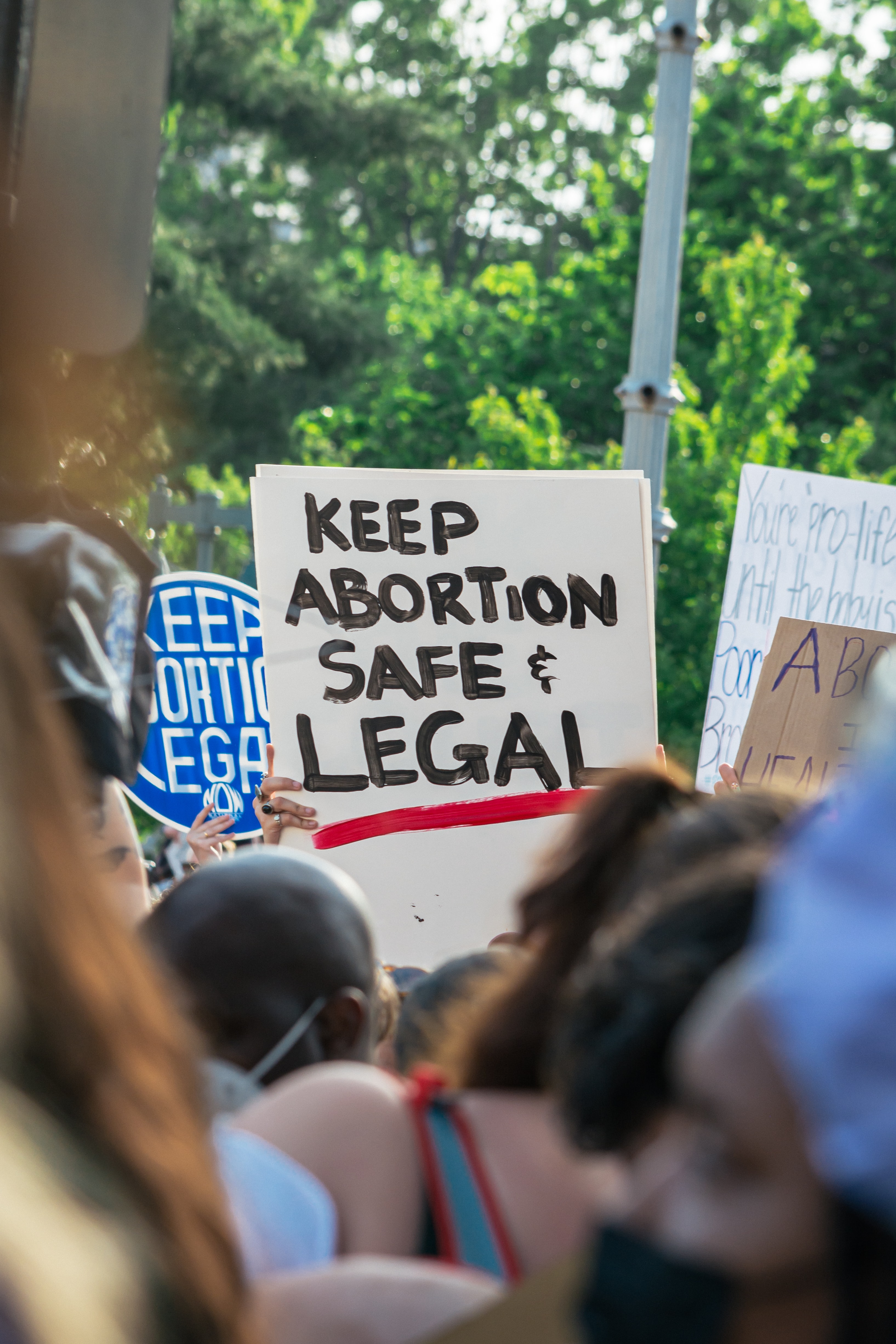Fertility Medicine After Roe
By Nairi Shirinian and Meghna Mukherjee,
Ms. Magazine
| 07. 13. 2022
It’s no coincidence that the world’s first IVF baby was born just five years after the 1973 Roe v. Wade decision. IVF, or in vitro fertilization, is often mistakenly thought to be irrelevant to abortion debates. After all, people spend tens of thousands of dollars on reproductive technologies like IVF to help them become pregnant, while the conversation surrounding abortion largely concerns unexpected and often unwanted pregnancies.
But, upon a closer look, Roe not only empowered millions of women with bodily autonomy by constitutionally protecting their right to terminate a pregnancy—the decision also enabled the rapid growth of new technologies beyond IVF to assist human reproduction.
With Roe reversed, several states are poised to ban abortions; trigger laws in at least 13 U.S. states will immediately prohibit abortion without exceptions. Under many of these state laws, ‘life’ will be defined as the moment an egg is fertilized. These laws threaten those undergoing (and those performing) procedures, such as IVF or third-party gamete donation, by limiting or prohibiting the freezing or discarding of embryos—a process fundamental to successful fertility treatments. Researchers...
Related Articles
By Jessica Hamzelou, MIT Technology Review | 01.13.2025
Lisa Holligan already had two children when she decided to try for another baby. Her first two pregnancies had come easily. But for some unknown reason, the third didn’t. Holligan and her husband experienced miscarriage after miscarriage after miscarriage.
Like...
By Melissa Dahl, Slate | 01.13.2025
Mia used to say she’d never do in vitro fertilization. It’s a detail that feels significant now, looking back on the three long years that she and her husband, Chris, have spent trying to conceive. “When we first started trying...
By Tatiana Giovannucci, PET | 01.13.2025
Ten pregnant women and three others with their babies were repatriated to the Philippines after being pardoned by the Royal Government of Cambodia.
The women were recruited to act as surrogates in Cambodia, and were all pregnant at the time...
By Kristen V. Brown, The Atlantic | 01.15.2025
The first time Jamie Cassidy was pregnant, the fetus had a genetic mutation so devastating that she and her husband, Brennan, decided to terminate in the second trimester. The next time they tried for a baby, they weren’t taking chances...




